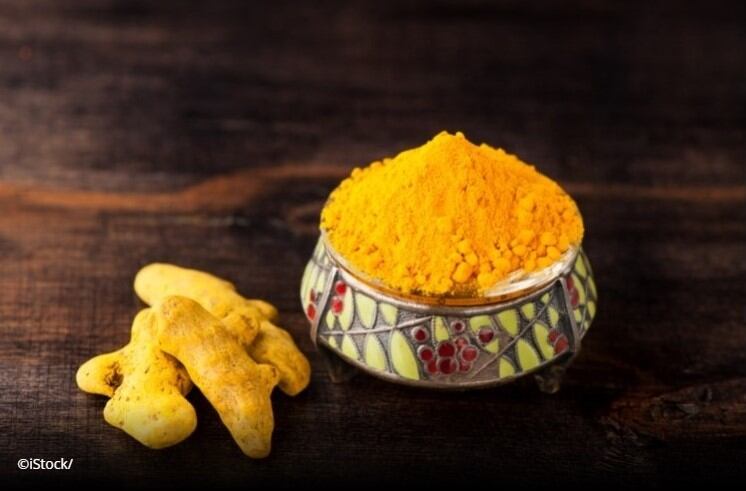Effective yesterday (11 July), the EC’s notification of tetrahydrocurcuminoid’s inclusion onto the market, where its makers, Sabinsa Europe requested the extract to be used at levels not exceeding 300 milligrams per day (mg/day).
However, a decision by The European Food and Safety Authority (EFSA) in Dec 2021, concluded the NF derived from turmeric (C. longa L.), was safe for adult use in supplements at 140 milligrams per day (mg/day).
“Only the company ‘Sabinsa Europe’ is authorised to place on the market within the Union the novel food for a period of five years from 11 July 2022,” the EC state.
“This is unless a subsequent applicant obtains an authorisation for that novel food without reference to the scientific data protected pursuant to Article 3 or with the agreement of Sabinsa Europe.
The scientific data contained in the application file and fulfilling the conditions laid down in Article 26(2) of Regulation (EU) 2015/2283 shall not be used for subsequent applicant for a period of five years from 11 July 2022 without the agreement of ‘Sabinsa Europe.’
Conditions under which the tetrahydrocurcuminoids may be used include a maximum level of 140mg/day for the adult population, excluding pregnant and lactating women.
Additional labelling requirements for the tetrahydrocurcuminoids, produced by the hydrogenation of curcuminoids extracted from the turmeric plant, state they should not be consumed if other food supplements containing curcumin and/or curcuminoids are consumed on the same day.
ANSES news
The EC’s notification coincides with news from The French Agency for Food, Environmental and Occupational Health & Safety (ANSES).
Its nutrivigilance scheme has received over 100 reports of adverse effects, including 15 reports of hepatitis, potentially related to the consumption of food supplements containing turmeric or curcumin.
To prevent all dietary intakes, including those from food supplements, from exceeding the ADI, ANSES determined that the daily intake in food supplement form should remain below 153 mg for a 60 kg adult.
In its appraisal, the Agency noted the growing use of formulations that increase the bioavailability and therefore the effects of curcumin in food supplements, for example, those that combine it with other ingredients such as piperine.
“Curcumin has very low bioavailability, i.e. it is poorly absorbed into the bloodstream and is very rapidly eliminated by the body,” explains Fanny Huret, coordinator of the expert appraisal at ANSES.
“Manufacturers have developed various formulations to increase this bioavailability and thereby enhance the effects of curcumin.”
Curcumin bioavailablity
ANSES went onto say that even though they do not appear to exceed the ADI, these new formulations can pose a risk of adverse effects by increasing the bioavailability of curcumin in the body.
To date, the labels of food supplements seldom specify whether they are classic or novel formulations. Consumers can therefore unknowingly ingest a potentially toxic product.
To prevent cases of poisoning, ANSES advises companies marketing food supplements to provide detailed data on the bioavailability of their products so that a specific maximum daily intake level may be defined.

